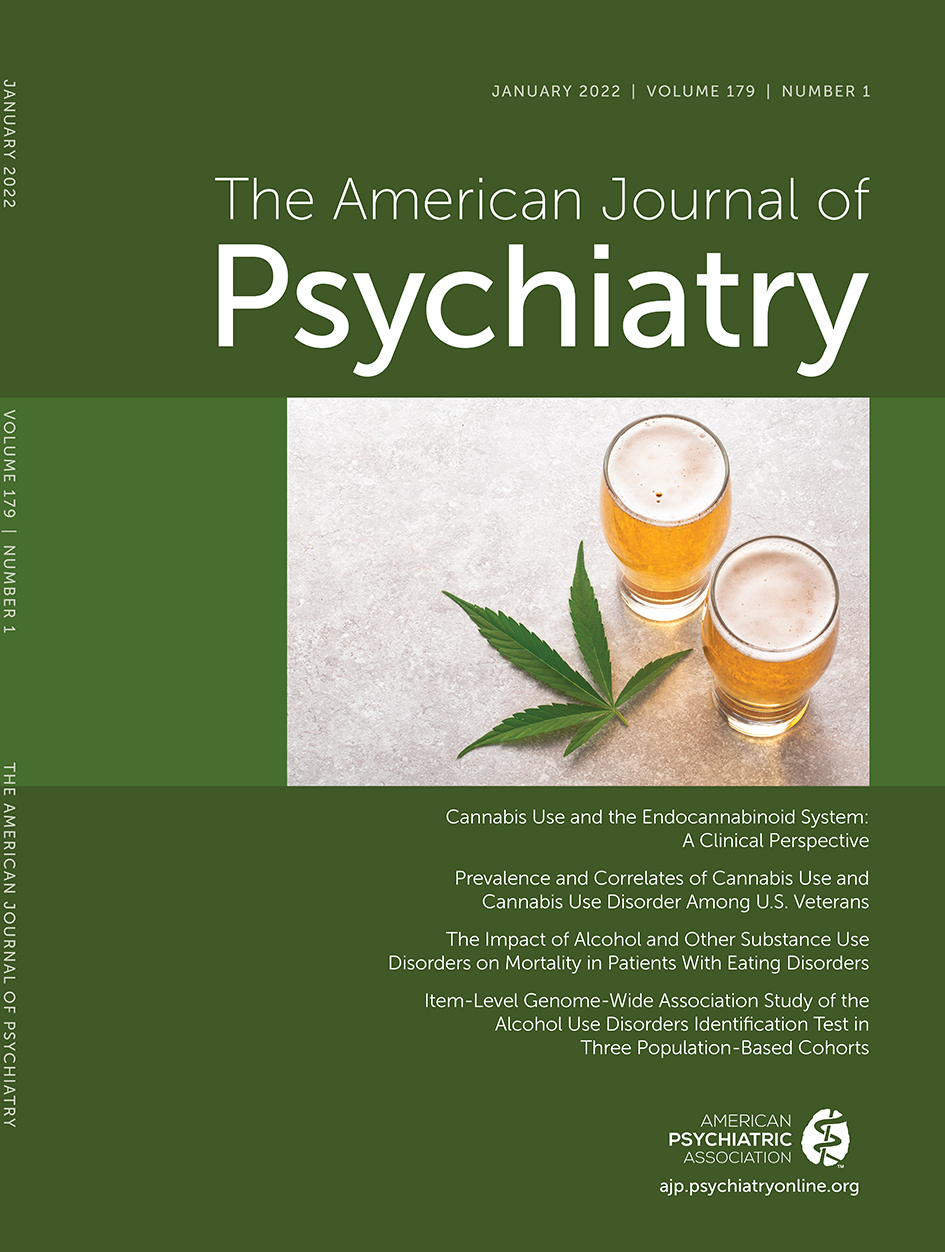Highlights From the Residents’ Journal: December 2021
Abstract
The Residents’ Journal is a quarterly e-publication that serves as a forum for resident physicians and fellows to share ideas and experiences in training, clinical practice, research, and careers.
How VA Psychiatry Residents Can Help Veterans Establish Service Connection for Schizophrenia When the First Episode Was After Military Service
Lee Hiromoto, M.D., J.D., Alanna Mari Kaufman Dubrovsky, M.D.
Veterans whose schizophrenia manifested after discharge from military service may have difficulty obtaining service connected disability from the Department of Veteran’s Affairs (VA) due to the misunderstanding that only conditions that developed during service qualify. VA psychiatrists can help these veterans achieve service connection for schizophrenia (with attendant financial benefits) by documenting the history of presenting illness. Documentation should include a clear timeline of onset of symptoms, particularly in-service prodromal changes, as well as stressors that might have contributed to schizophrenia under the stress-vulnerability model.
Resistance to the Diagnostic Construct of Posttraumatic Stress Disorder
Allegra Condiotte, M.D., M.H.A.
Today, the concept of psychological trauma is widely accepted. Posttraumatic stress disorder (PTSD) is one of the most empirically substantiated psychiatric disorders and one of the most widely discussed in popular culture. There is nonetheless significant debate within the psychiatric community concerning its validity. Since few quantitative tests are available to differentiate between and diagnose psychiatric conditions, psychiatry categorizes illnesses based on theory, clinical observations, and epidemiological findings, resulting in variable and potentially divisive diagnostic definitions.
Dorothea Dix’s Liberation Movement and Why It Matters Today
Eric Andrew Nelson, M.D.
The attics and cellars of early America held a dark secret. People with serious mental illness languished in these hidden spaces, confined by families and communities with no recourse. The predicament of those confined in these spaces, which were practically dungeons, went largely unrecognized until the early 1800s, when a courageous advocate brought attention to their plight. Dorothea Dix exposed this dark secret of early American society and educated the public about a new approach to the treatment of mental illness that she discovered and gained experience with during her extensive travels. Although many noteworthy figures influenced the founding of asylums in the 19th century, Dorothea Dix was the one who convinced many state legislatures to pay for them. By doing so, she liberated many people with serious mental illness from neglect and inhumane conditions. The story of her quest is especially relevant today, faced as we are with a dilemma similar to the one Dix addressed in her time.
ALSO IN THIS ISSUE
Revisiting Tulsa: Understanding Amphetamine Addiction in the Early Photography of Larry Clark
Hannah Alter, M.D.
A Stray
Nicole Hadler, M.D.
Call for Applications to Join the 2022–2023 Editorial Board
AUTHOR AND ARTICLE INFORMATION
For the full articles and other features of the current issue, please visit https://ajp.psychiatryonline.org/toc/ajp-rj/17/2



